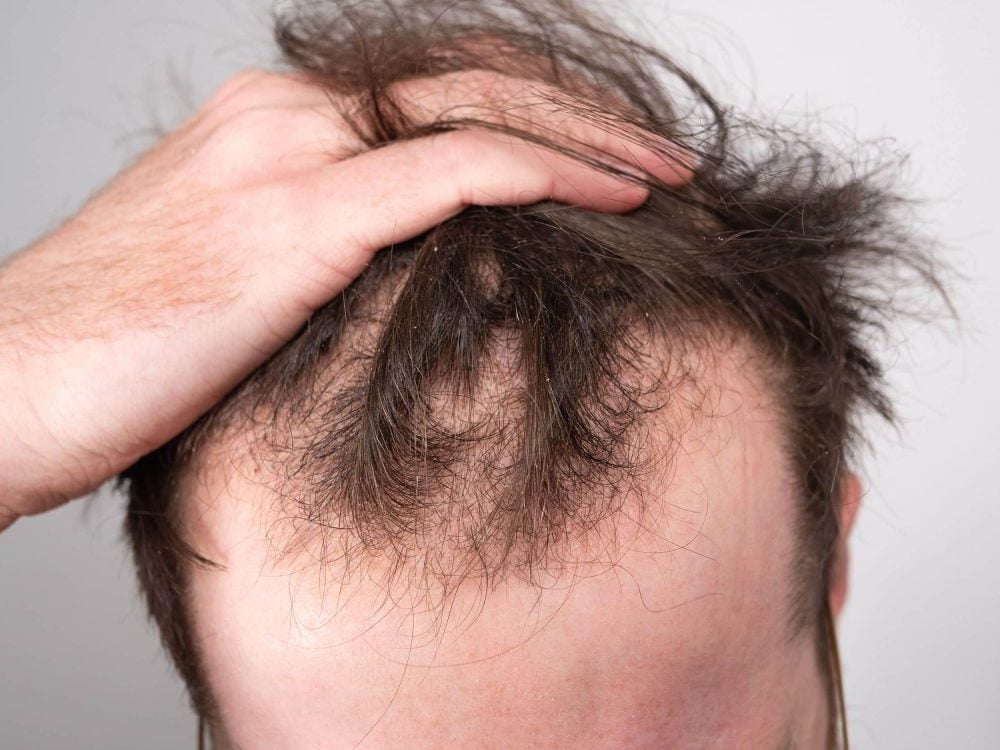For many, hair loss can be a troubling and discouraging issue. To better grasp the root causes and potential treatments for hair loss, we should first examine the contributing factors and the options available to combat this condition.
What Are the Causes of Hair Loss?
Hair loss can be attributed to several factors such as genetics, hormonal fluctuations, and medical conditions. Genetics play a significant role in male-pattern baldness, a common condition affecting many men as they age. Women can also face hereditary hair loss, though it often presents differently than in men. Hormonal changes during pregnancy or menopause can also trigger hair loss. Additionally, conditions like thyroid disease, anemia, and autoimmune disorders are frequent culprits behind hair thinning and loss.
Medications and Treatments for Hair Loss
A range of medications is available to help slow or halt hair loss. For instance, Minoxidil is a well-known over-the-counter treatment that stimulates blood flow to hair follicles, encouraging revitalization and new growth. Another popular prescription medication is Finasteride. This medication works by blocking the conversion of testosterone into dihydrotestosterone, a hormone that significantly contributes to hair loss.
Furthermore, advanced treatments like low-level laser therapy (LLLT) and platelet-rich plasma (PRP) therapy are other promising options. These treatments are administered in a clinical setting and are designed to promote hair growth and enhance scalp health.
Other hair loss treatments include:
- Hair transplant surgery: This surgical technique involves relocating hair follicles from a healthy scalp area to an area experiencing thinning or balding.
- Topical and oral corticosteroids: These prescription medications help reduce inflammation and slow hair loss in conditions like alopecia areata.
- Vitamin and mineral supplements: Supplements rich in biotin, iron, and zinc can bolster hair health and potentially prevent hair loss.
- Stress management: Engaging in stress-reducing activities such as yoga, meditation, and regular exercise can prevent hair loss and improve overall health.
How to Prevent Hair Loss?
While there are treatments to manage hair loss, adopting a healthy lifestyle early on can help prevent it. Eating a balanced diet rich in vitamins and minerals is crucial for maintaining hair health. Avoiding harsh hair treatments like tight braids, tight ponytails, excessive ironing, and chemical treatments is also beneficial.
Stress reduction is another important factor in preventing hair loss. Since stress adversely affects overall health, including hair health, engaging in relaxing activities like yoga or meditation can help keep your hair in good shape.
If you’re facing hair loss issues, it’s advisable to consult a doctor. They can diagnose the underlying cause and recommend the most effective treatment to spur new hair growth.
Conclusion
In conclusion, while hair loss can be a distressing experience, numerous treatments are available to slow down or halt this process. A medical professional can help determine the cause of your hair loss and guide you towards the appropriate medications and treatments for rejuvenating hair growth.
